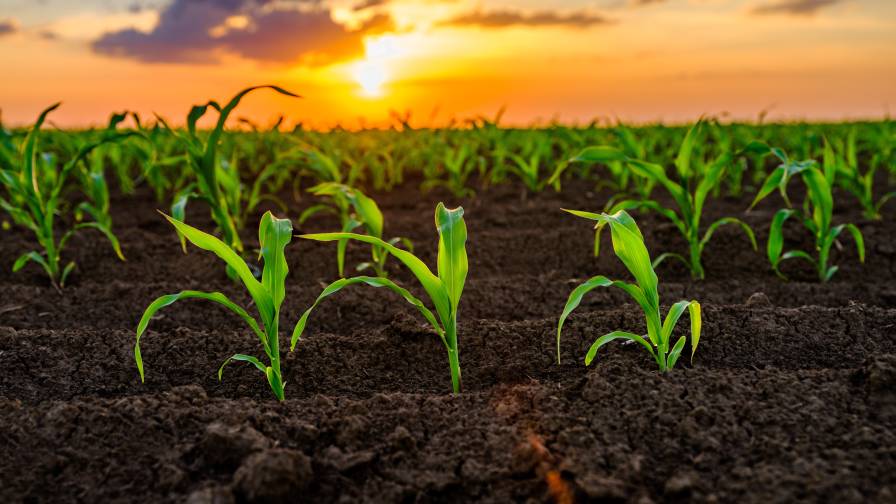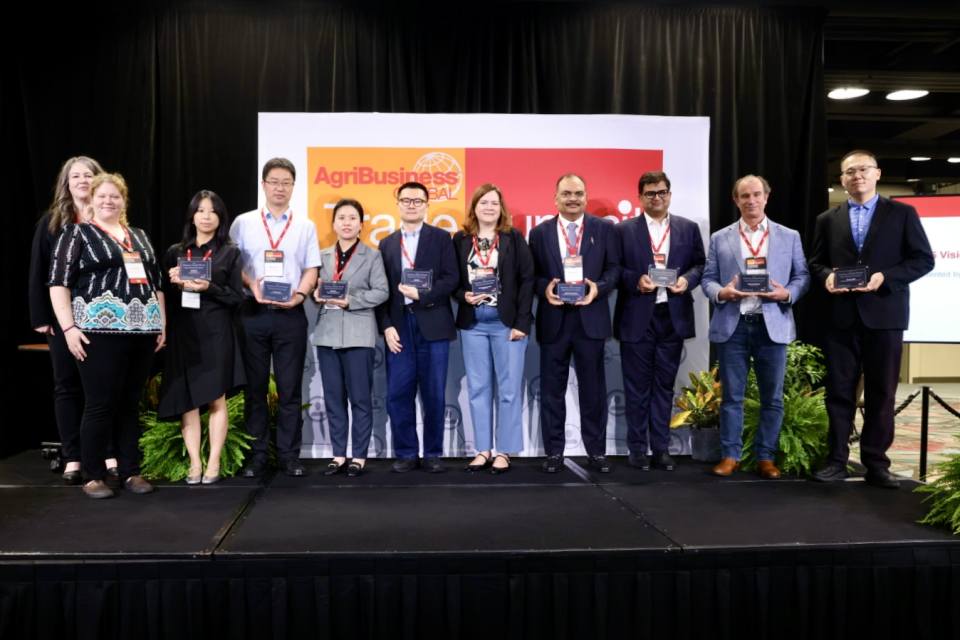Thailand Amid Unprecedented Change, Opportunity
Thailand is going through an unprecedented re-registration process of its crop protection products. As of August 22, The Thailand Department of Agriculture has forbid the importation, formulation and manufacture of crop protection products until new licenses are granted, but the government has grandfathered the sale of already-packaged crop protection products, allowing some products to continue to work through the value chain.
Formulators and distributors have been working feverishly with the Thai government to re-register the entirety of the country’s crop protection products so supply shortages do not affect the 2012 growing season. The glut of chemistries that require re-approval is causing considerable strain on government regulators charged with the re-approval process.
Thus far, about 25-30 trade names or technical products have been cleared for distribution out of the more than 10,000 that were available prior to the re-registration process. However many more are slated to be approved in October. If a product has been sold for more than 10 years in Thailand, then the submitting company is only required to provide GLP data. However, there are no GLP laboratories in Thailand, putting some significant monetary strain on some smaller companies that don’t currently have relationships with GLP data providers.
The government’s decision to re-register the complete arsenal of crop protection products in Thailand is an attempt to make exports more competitive and desirable in international markets and remain competitive with other ASEAN nations. Thailand is the world’s No.1 or No. 2 exporter of several commodity and specialty crops, including rice, pineapples, rubber, cassava and more.
Sources here say it could take up to two years to get products re-registered because of the technical process required for re-registrations, as well as the backlog of products that regulators must review.
The fallout from the new process will result in many fewer agrochemical formulators and distributors in Thailand, sources say. About 500 agrochemicals, and many of the small companies – as many as half – could fold under the expense and time required to acquire data and re-register products in a backlogged system.
Editor’s note: Read more about Thailand’s crop protection market, as well as Malaysia and other ASEAN nations in our ongoing coverage of Southeast Asia in our November issue and eNews leading up to our FCI Trade Summit in Kuala Lumpur in December.






